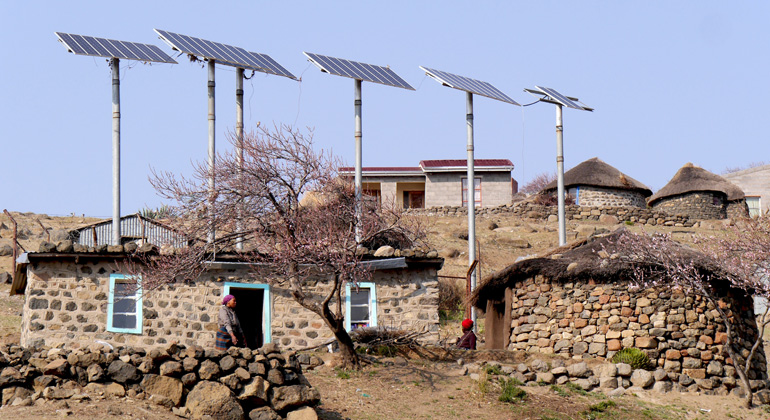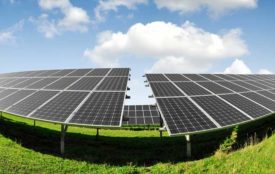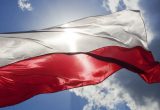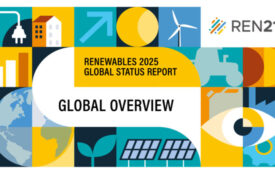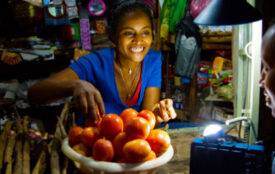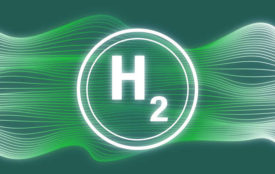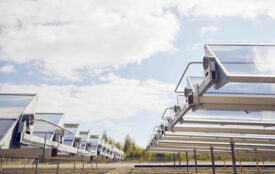Off-grid Renewables are Growing, Bringing Socio-economic Benefits to Millions
New IRENA brief highlights positive momentum for off-grid renewable energy, and its transformative impact as a key pillar of Sustainable Development Goal 7.
Off-grid renewable energy has witnessed spectacular growth over the last decade. Since 2008 capacity has trebled and the number of people in rural communities served by the technology has witnessed six-fold growth. Today, up to 133 million people are receiving life-changing access to low-cost, secure renewable energy and benefit from the socioeconomic impact access delivers. Global off-grid investments in 2017 reached USD 284 million.
These findings feature in a new IRENA brief launched during the UN High-Level Political Forum in New York. The paper, entitled: Off-grid Renewable Energy Solutions, Global and Regional Status and Trends, builds on IRENA’s statistical analysis to offer a global picture of the sector’s trajectory and impact. The data highlights the extent to which off-grid renewables are emerging as a mainstream solution to the expansion of electricity services all over the world, contributing to sustainable development goal 7 (SDG 7) by broadening the reach of electricity beyond existing grid infrastructure.
“Off-grid renewable energy is an important contributor to energy access across the developing world having witnessed widespread, rapid growth in deployment over the last few years,” said Dr. Rabia Ferroukhi, Deputy Director of the Knowledge, Policy and Finance at IRENA. “Our analysis captures this momentum whilst shedding light on the need to step-up efforts towards 2030 Sustainable Development Goals.”
Africa has emerged as a dynamic, fast-moving hub for off-grid renewables. The development of solar lighting solutions and innovations in deployment and financing models, such as pay as you go options and mobile payment platforms have contributed to Africa’s rapid advances. The continent’s off-grid industry now serves around 53 million people – the equivalent of the entire population of South Africa – up from just over two million in 2011.
The brief identifies Asia as a global leader in off-grid renewables capacity deployment. Today, up to 76 million people across the continent may now benefit from such power sources.
South America, home to some of the highest rates of electricity access in the developing world, has also witnessed off-grid renewable growth the brief suggests, where the technology is considered key to ‘last mile’ electricity access.
Off-grid renewable energy solutions are being deployed to provide electricity services for a wide range of end-uses, including for powering agriculture, telecommunication infrastructure, healthcare centres, schools, and rural enterprises. The paper emphasises that linking delivery of off-grid solutions to energy service delivery can unlock substantial socio-economic benefits, contributing to multiple SDGs.
While dramatic cost reductions have been the primary driver of this acceleration, it is the multifaceted socioeconomic benefits that provide the greatest incentives for its deployment. Renewable energy’s centrality to the SDG 7 goal on universal access to clean, reliable and affordable energy against a backdrop of a billion people who still live without it, is unquestionable. However, beyond energy itself renewables are a key contributor to sustainable development, generating jobs, stimulating growth, ensuring resource security and improving health.
The paper notes that in Bangladesh, around 133 000 jobs have been created through a Solar Home System programme and an off-grid renewables initiative in Rwanda aims to generate 7 000 jobs whilst delivering energy access to almost 80 000 people. Similarly, incomes in rural households benefit from lower cost solar lanterns, and remote health and educational facilities are enhanced through consistent availability of power.
“Renewables are a central pillar of SDG 7 and represent one of the most effective and economicmeans available in the pursuit of universal energy access,” said Rabia Ferroukhi, Deputy-Director of Knowledge Policy and Finance at IRENA. “Yet beyond this, we are now beginning to truly understand the way in which distributed renewable electricity is transforming the lives of those receiving from it, bringing stability and opportunity to millions of people around the world.”
Read the brief on the Off-grid Renewable Energy Solutions and the six case studies developed to showcase the socioeconomic impact of off-grid renewables in South East Asia.
